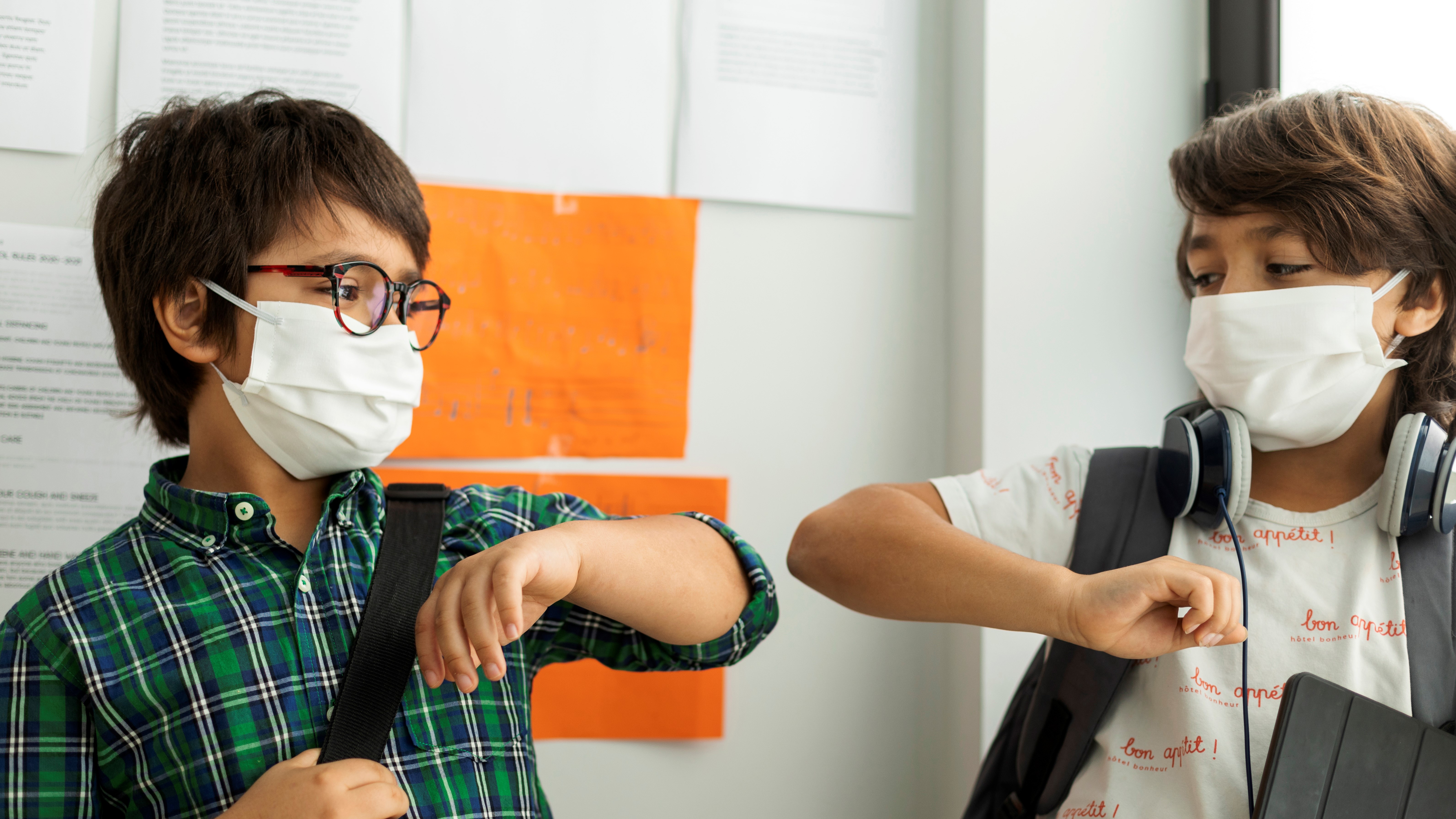A cough, sore throat, loss of smell and taste -- these are some of the symptoms most commonly associated with the coronavirus. But there are other symptoms and side effects that, while less common, have a significant impact on people who have been infected.
As part of a new weekly series, "COVID Q&A," NBC10 Boston asked two top Boston doctors on Tuesday for their thoughts on neurological symptoms and what has been referred to as "long COVID," or so-called COVID-19 “long-haulers," who experience side effects long after contracting the virus.
WATCH ANYTIME FOR FREE
>Stream NBC10 Boston news for free, 24/7, wherever you are. |
What are the symptoms of long COVID?
So-called COVID-19 “long-haulers" often experience neurological symptoms, which can be mild to severe. Those symptoms can include headaches, dizziness, numbness and tingling in the extremities and altered brain function, studies have shown.
Get updates on what's happening in Boston to your inbox. Sign up for our >News Headlines newsletter.
"There's a whole range of different manifestations that have been described in the literature, and that we've seen clinically, from rashes and sort of discoloration of the toes to neurologic complications," Boston Medical Center's Dr. Davidson Hamer said, "even all the way up to stroke because clotting in small vessels is a potential risk for more severe disease."
Another condition, dubbed "COVID toes," can develop, as well as other rashes. These skin manifestations may arise due to clotting in smaller blood vessels, Hamer explained. Therefore, they may have a similar path to symptoms as some of the neurological complications, particularly stroke.
A symptom often described by patients as "brain fog," has been reported among people who experience difficulty concentrating and remembering things.
"This is a systemic illness and it affects many parts of the body. The brain fog -- or really I would call it difficulty concentrating and difficulty thinking -- is something that is described in a number of different viral infections," Hamer said. "And it may persist for weeks and that's definitely been a challenge for people who have long COVID."
Are people who didn't have severe disease experiencing long COVID?
Yes. Some people who did not experience severe disease or require hospitalization are experiencing long COVID and neurological symptoms.
"That's why we wonder if there's a lot that we don't understand," Hamer said.
Anxiety, too, has caused "serious problems" for people experiencing those neurological symptoms.
"People that have had more severe disease likely have had some degree of lung damage and then may have some chronic respiratory complaints," Hamer said, "but there are other people that had really mild illness and they're having anxiety and depression and difficulty concentrating, and so we don't really understand what triggers that or why those symptoms persist."
What is your advice for people experiencing long COVID symptoms?
While the cause of long-term side effects remains unclear, experts recommend tapping into a growing network of Post-COVID Care Centers which offer services and access to specialists.
"We don't have a treatment and we don't have a treatment because we really don't yet understand the true underlying mechanism for long COVID," Dr. Shira Doron of Tufts Medical Center said.
There are also rehabilitation programs, including pulmonary rehabilitation, to help people who suffered from more severe disease regain their "full essence of life," Hamer added.
"An important thing for people to understand is, many people fully recover and return to their full activities of daily living, whether it's school, work, or whatever," he said. "And it's really a subset of people that have this syndrome, so I don't want people to be worried that they might get it. And it's hard to find exactly what that percentage is."
Doron emphasized the need for studies on long COVID with comparative groups in order to better understand and treat patients who experiencing it.
"So we can really understand, you know, which of these symptoms are related to this virus, which are related to viral infection in general, and which ones you might actually find in a group that wasn't infected at all," she said. "I think those types of studies will really help to tease this out so that we can move forward and figure out how to help these people."
Hamer said it has also been suggested that, if there is a post-COVID syndrome, it is much less likely to occur in people who have been vaccinated.



